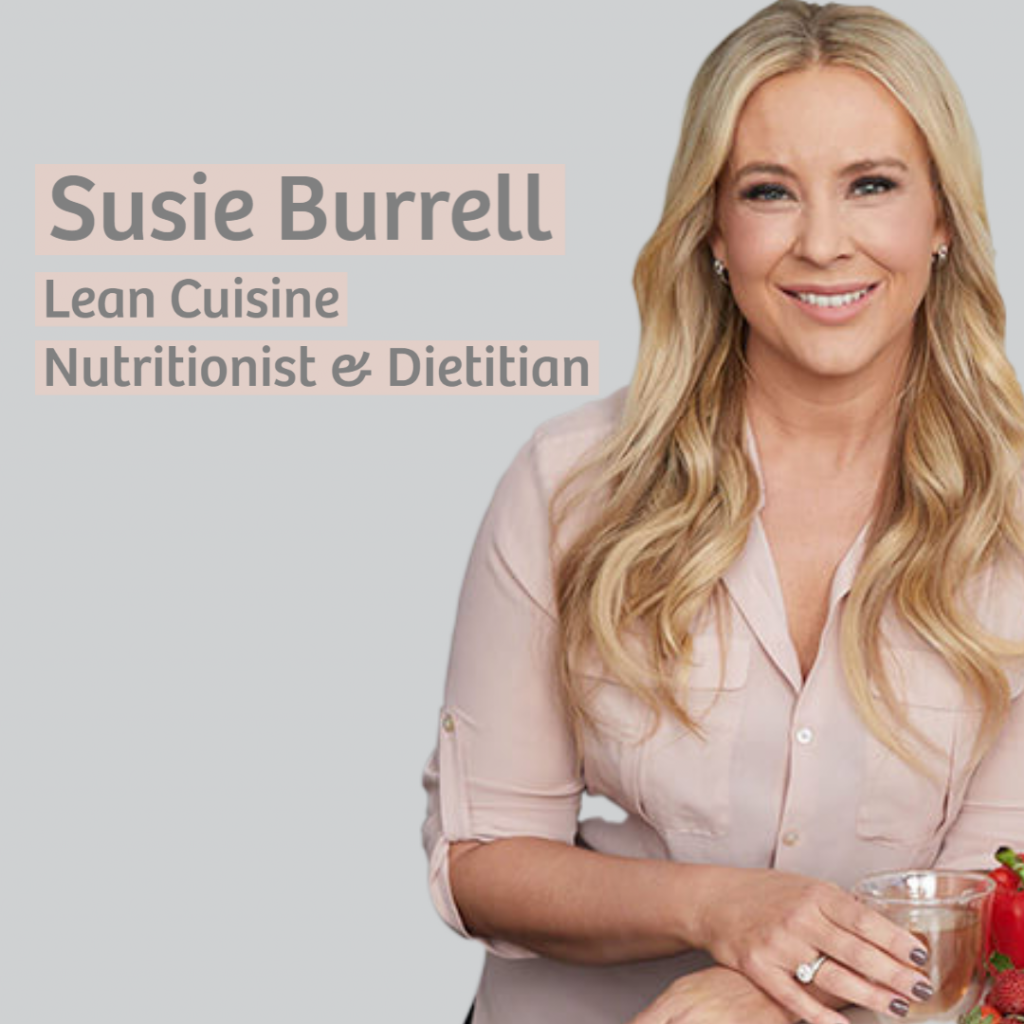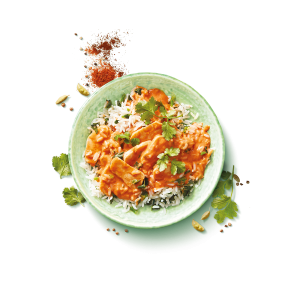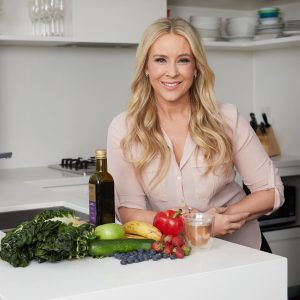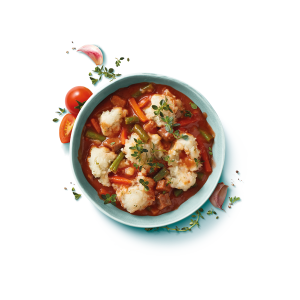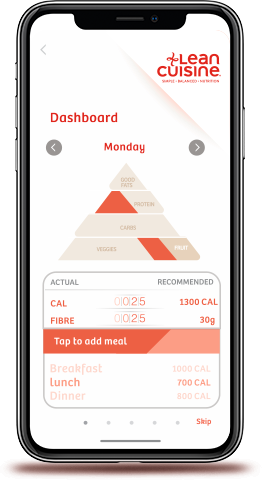Chances are that you have noticed your grocery bill on the increase over the past few months. Not only has the cost of fresh food been at record highs, courtesy of the pandemic and problematic weather, but labour shortages and the rising production costs have means that our grocery bills can be as much as $100 more in a single week. It goes without saying that fresh, whole foods are extremely good for us, but in current economic times let’s not forget that frozen foods can be just, if not more nutritious and a lot less expensive than fresh food, making them an even smarter choice nutritionally.
It is a commonly held belief that fresh food is superior nutritionally than processed frozen or canned produce. The interesting thing about this belief is that indeed it may hold true if you are to grow your own fresh fruit and vegetables and consume them immediately after harvest, but the reality is that our fresh food is not always as fresh as we may think. Rather, it can be weeks if not months in between food harvest and consumption in which time nutrient levels are impacted. In addition, the way we store and cook our fresh foods too impacts nutrient quality, meaning that fresh is not always reaping all the nutritional benefits of true fresh produce.
Another commonly held belief is that frozen food is not healthy – its positioning in the supermarket along with packaging can mean we interpret all frozen food are far less healthy options than foods we find in the fruit and veggie section. Indeed, if we are grabbing frozen pastries, desserts and fried foods in the freezer aisle they are certainly far from ‘healthy’. On the other hand, snap frozen fruits, vegetables, fish fillets and frozen meals can be as nutritious, if not more nutritious options than fresh foods, extremely convenient and a whole lot less expensive.
The first thing to know about frozen produce is that it is snap frozen. This means that it is processed within hours of harvest and as such frozen vegetables and fruit can actually have a higher overall nutrient content than fresh foods.
Next, when we take a look at the cost related benefits, the data is astounding. Not only are frozen vegetables generally cheaper per kilo than fresh produce that is not in season, but it is processed in such a way that helps to minimize food waste. For example, when you buy broccoli, while it may be cheaper per kilo compared to frozen broccoli when in season, it has been cut and the heavy stem removed so you save significantly overall. Or, in the case of many of our favorite green vegetables or more obscure vegetables like red capsicum or even herbs, the processed varieties are much cheaper most of the time. Plus, you don’t have to worry about the produce keeping fresh. Keeping a supply of frozen vegetable options on hand means that you always have quick and easy vege and even fruit options ready to go.
Healthy frozen meals such as the calorie controlled Lean Cuisine range offer similar benefits. Not only are the meals snap frozen, which helps to retain all if not more of the nutrients freshly cooked food offers, but cost per meal is significantly less than buying a similar meal in a café or food court, as well if you need to cook a similar meal from scratch. This means that quick and easy frozen meals like the Lean Cuisine Thai Green Curry or Spag Bol can be enjoyed as nutrient rich, inexpensive lunch on the go, or as a quick and easy dinner when you are cooking for one, or trying to keep to your calorie targets each day.
In current economic times, the freezer section of the supermarket never looked so good!

